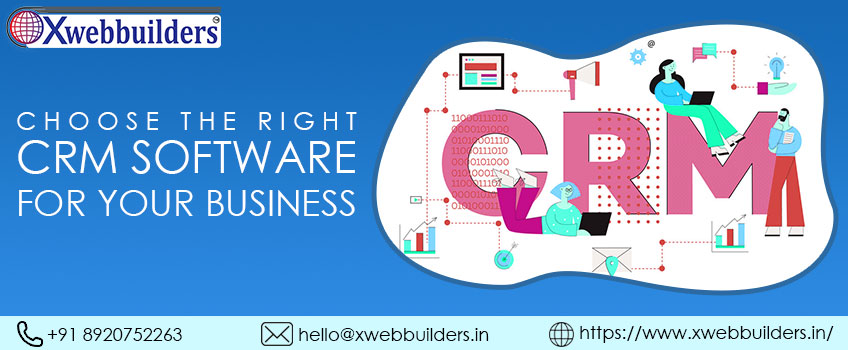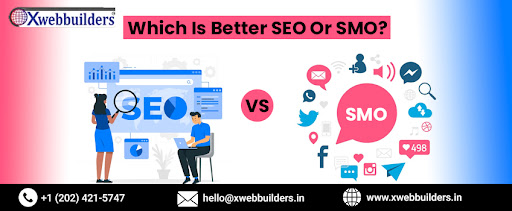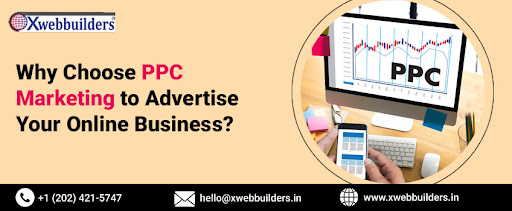
How to Choose the Right CRM Software for Your Business
CRM aids sales growth by allowing you to locate leads, follow up with prospects, and nurture them through the sales funnel. CRM is also used to keep customers loyal by preserving essential data to increase sales – for example, by tailoring the experience and delivering outstanding customer service.
Here's our 2021 guide How to choose the right CRM Software for your Business. Visit our best selections page if you already know what you need and want to see our choices for the finest CRM software.
What CRM functionality should you search for?
Sales and lead management- Find new consumers by automatically producing leads from various channels; including social media, inbound calls, website visits, newsletter sign-ups, and more. Many CRMs also allow users to create and save sales quotations as well as manage bills.
Marketing- It's all about marketing. Email templates, email marketing templates, SMS messaging, and lightweight project management capabilities are included in many CRM platforms. Some even have features like competitor tracking and sales forecasting.
E-commerce- E-commerce is a term that refers to the sale of goods. Some high-level CRM software includes built-in e-commerce capability, while others allow for simple e-commerce connection via an API or a third-party service.
Reports/dashboards- Dashboards and reports that most CRM software has reporting capabilities, and many of the higher-end packages provide live, dynamic dashboards. Check that any exporting or importing requirements you have (for example, moving data between Excel and QuickBooks) fit your chosen system.
Call center- Center for customer service. Although most low-cost CRM packages lack calls center functionality, third-party connectors that combine call center and CRM software are available. If your organization relies heavily on a contact center, it may be wise to invest in a CRM that includes complete contact center functionality.
Approvals/workflows- Project management is an essential component of any CRM system. The majority of high-quality CRMs provides built-in processes and checkbox-style approvals to aid task management and organization. However, the degree to which these project management solutions are adjustable differs per product, so if you need a specific workflow step or approval procedure, double-check that it's possible.
Choose a company specializing in your industry and has local partners: Your enterprise may be rather particular. That's why it's a good idea to seek a CRM provider who has experience working with businesses and sectors comparable to yours. You can get a fair indication of the sorts and sizes of business a vendor works with by just looking at their website.
Check to see whether customization and training are offered: If your CRM solution isn't correctly set or your employees aren't educated to use the capabilities, it's useless. So, when you ask for a quote, make sure to inquire about the cost of customizing the solution to your needs and personalizing training sessions, not simply online lessons.
Your sales process, customer support activities, marketing strategy, and contact management routines should all be reflected in your CRM system. As a result, you should go for a system that is simple to set up.
Conclusion: It's always a good idea to make your map business needs and requirements to choose the right CRM Software for your Business, as well as your budget, regardless of the size of your organization. Even if your firm does not require all the features and gadgets that a CRM system presents first, it does not mean that you do not want additional, more complex capabilities in the future.



